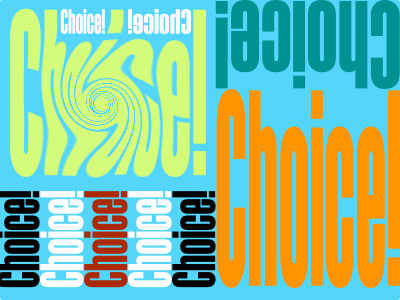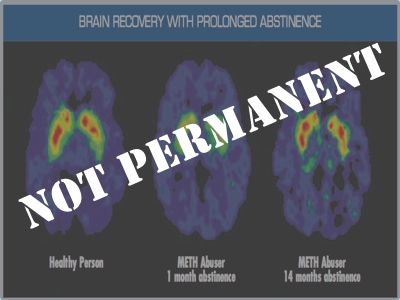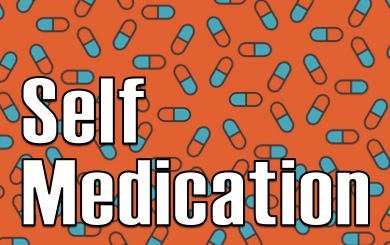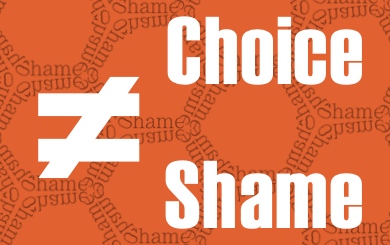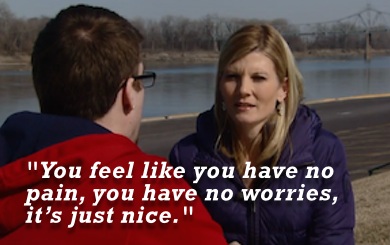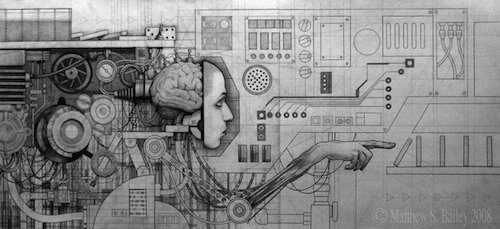I just got done watching the new season of The Comeback – a mock reality show about a pathetic aging sitcom star, Valerie Cherish (played by Lisa Kudrow). I consider myself a comedy connoisseur, and this show to be top notch. So if you haven’t seen it, check it out on HBO – I give… Continue reading Your Local Badass: or why I don’t want to write an addiction memoir.
Choices Come In All Shapes and Sizes.
The slogan at this website is “addiction is not a disease, it is a choice“, and that pisses a lot of people off. They read all sorts of things into this message that I promise I do not believe nor mean to convey. For example, they often assume that those who say addiction is a choice… Continue reading Choices Come In All Shapes and Sizes.
Permanent and Reversible? More double-talk from addiction researchers.
How can something be both permanent and reversible? It can’t. These are contradictory terms describing mutually exclusive concepts. For something to be permanent, it cannot be reversible – and vice versa. Yet this doesn’t seem to phase the jerks pushing the disease model of addiction in the slightest. They’re happy to unload their BS on the public with direct out in the open contradictory claims that make no sense whatsoever. They say in one breath that addiction changes the brain permanently, then they do research to understand how these “permanent” brain-changes eventually reverse.
How to Stop Self-Medicating with Drugs and Alcohol
Learn how to stop self-medicating with drugs and alcohol.
Choice isn’t shame, but shame is a choice.
I’ve had it with the argument that suggests seeing “addictive” behavior as freely chosen automatically bestows shame upon those who engage in it. It’s usually presented with the request that we “treat addiction as a disease so that people won’t feel ashamed.” This argument is so wrong, but it’s rarely questioned and analyzed with any… Continue reading Choice isn’t shame, but shame is a choice.
On saying that addiction is a choice – briefly.
To say that addiction is a choice rather than a disease is not to say that people don’t really suffer. Nor is it to say their behavior comes from some inherent “badness” within them. It is to say that their suffering is indeed real, and that it emanates from a set of beliefs about substances,… Continue reading On saying that addiction is a choice – briefly.
The Missing Question about Addiction: Are The Highs of Drugs Really That Good?
There’s one aspect of drug use that goes mostly unquestioned: the pleasure provided by drugs. The reputation of heroin is probably the best example of this. It has this mystique about it that both users and non-users find fascinating. Heroin is believed to be a sort of pandora’s box that you had better not open,… Continue reading The Missing Question about Addiction: Are The Highs of Drugs Really That Good?
Philosophical Problem with the Brain Disease Model of Addiction: Epiphenomenalism
the brain disease model of addiction comes from a deterministic philosophy, in which free will doesn’t exist. This is logically impossible.
A few ways society can reduce opiate overdoses
With the recent overdose death of beloved actor Philip Seymour Hoffman in the news, this is a good time to discuss the causes of such tragedies. First and foremost, overdoses happen because people use drugs. People use drugs because they like the way the drugs make them feel. These facts will never change, so there… Continue reading A few ways society can reduce opiate overdoses
Matthew Perry Wrong About Addiction and Alcoholism in Debate With Peter Hitchens on BBC
The recent debate between Matthew Perry (Chandler Bing from “Friends”) and Peter Hitchens about the nature of addiction and alcoholism on BBC’s Newsnight was utterly painful and sad to watch. Matthew Perry was there to push a drug court initiative, but shortly into the debate Hitchens called the idea that people can’t stop taking drugs… Continue reading Matthew Perry Wrong About Addiction and Alcoholism in Debate With Peter Hitchens on BBC

